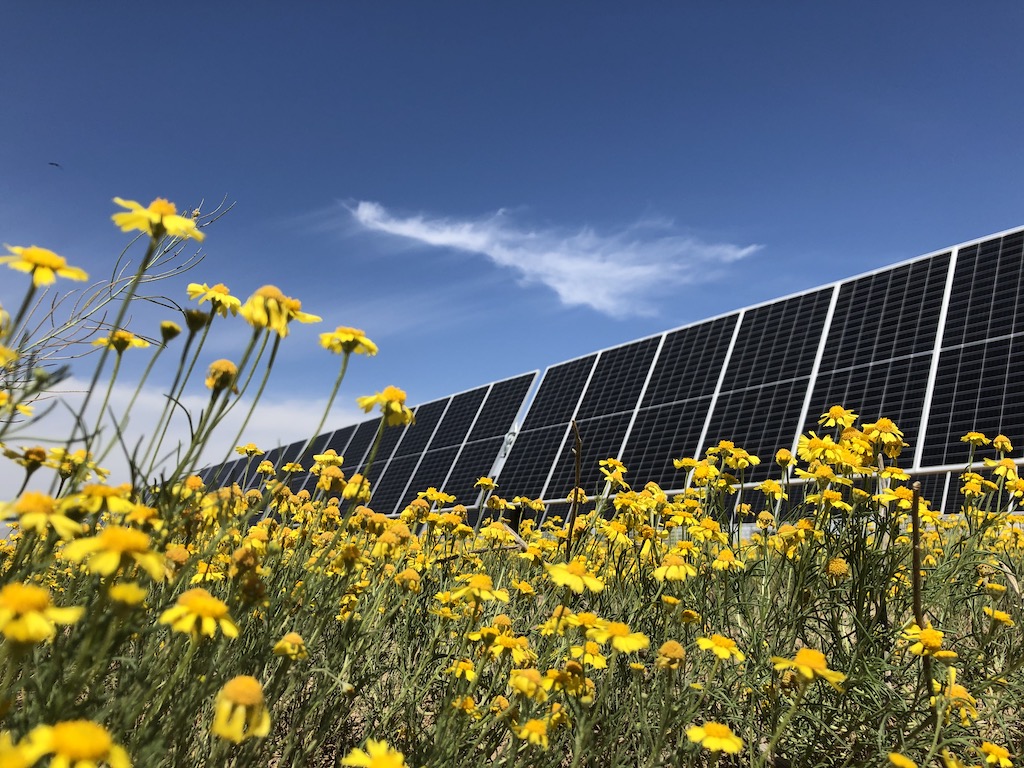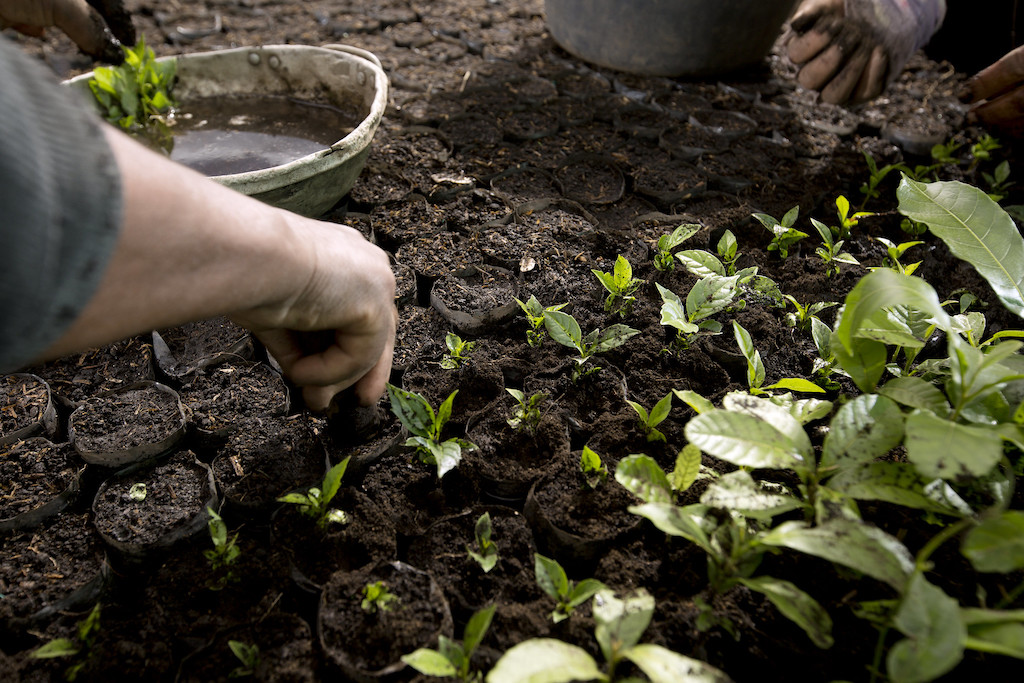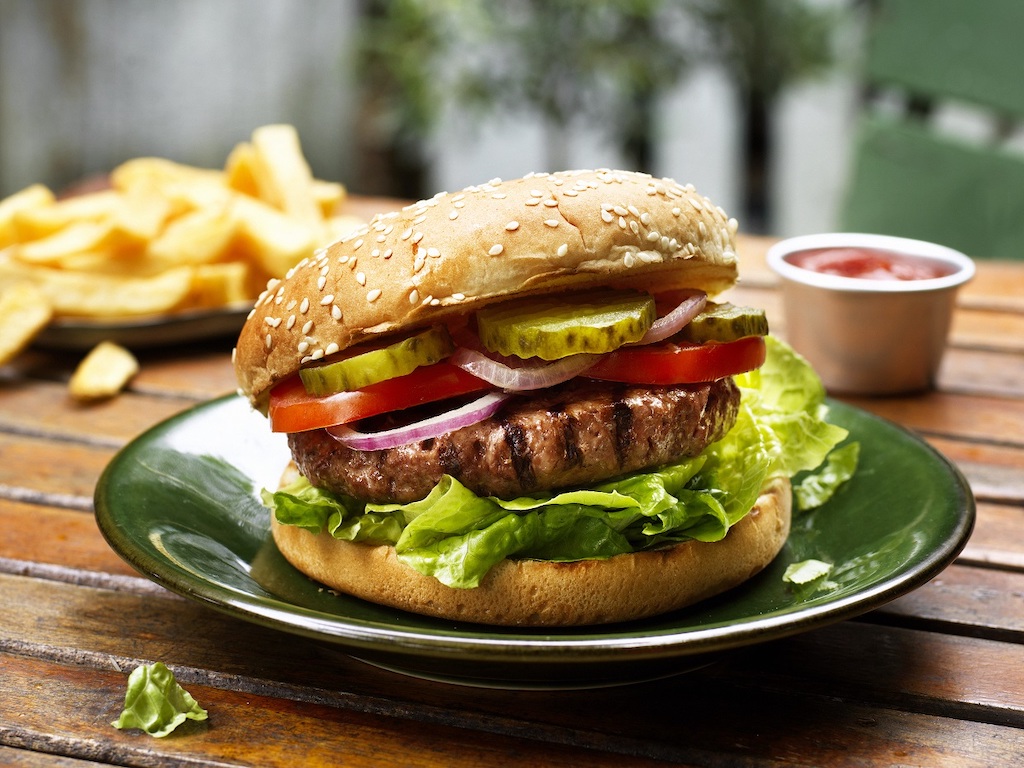Nestlé To Invest US$3.5B In 5-Year Climate Plan Powered By Regenerative Agriculture & Plant-Based Innovation
4 Mins Read
Nestlé has doubled down on its sustainability commitments, pledging to invest a total of CHF 3.2 billion (US$3.59 billion) over the next five years as part of its long-term goal of reaching net-zero emissions by 2050. The Swiss food giant outlined three key areas that it plans to target with the funds, which includes supporting regenerative agriculture, transitioning to renewable energy and expanding its plant-based and carbon neutral product portfolio.
Publishing its time-bound plan to halve its emissions by 2030 and reach net-zero by 2050 in early December, Nestlé says it will set aside US$3.59 billion over the next five years to accelerate its climate ambitions. There will be three core pillars to its plan, including supporting farmers and suppliers across its value chain to advance regenerative agriculture and backing reforestation programs; completing its full transition to 100% renewable energy by 2025; and building its carbon neutral and plant-based product range.
These goals have been approved by the Science Based Targets initiative (SBTi), an organisation that mobilises companies to set climate-forward targets that will benefit business in the long-term. The SBTi collaborative has seen the participation of some of the biggest corporations in the world, including Unilever, H&M and Carlsberg, who have recently urged governments to align their coronavirus rebuilding packages with climate science.

Tackling climate change can’t wait and neither can we. It is imperative to the long-term success of our business. We have a unique opportunity to address climate change, as we operate in nearly every country in the world and have the size, scale and reach to make a difference.
Mark Schneider, CEO, Nestlé
Nestlé says that progress on its new climate commitments will be regularly assessed by the SBTi and that the company will continue to provide annual updates to ensure transparency.
Speaking about the company’s sustainability goals, Nestlé CEO Mark Schneider said: “Tackling climate change can’t wait and neither can we. It is imperative to the long-term success of our business. We have a unique opportunity to address climate change, as we operate in nearly every country in the world and have the size, scale and reach to make a difference.”

“We will work together with farmers, industry partners, governments, non-governmental organisations and our consumers to reduce our environmental footprint,” Schneider added.
Specific targets that the company has outlined include sourcing over 14 million tons of its ingredients through regenerative agriculture by 2030, which will also help boost global demand for such goods, and planting at least 20 million trees annually for the next decade. It also says it will achieve a deforestation-free supply chain for its primary commodities like palm and soy by 2022.
Within its product portfolio, Nestlé says a core part of slashing its carbon footprint will be based on plant-based innovation – creating new more sustainable protein products and reformulating existing lines to make them more environmentally-friendly. The company said that its plant-based brands such as Garden Gourmet, Garden of Life and Sweet Earth will achieve net-zero status by 2022.
We will work together with farmers, industry partners, governments, non-governmental organisations and our consumers to reduce our environmental footprint.
Mark Schneider, CEO, Nestlé

This builds on Nestlé’s previous statement that it will aggressively roll-out more plant-based products amid the pandemic-driven boost in demand, which saw the Swiss multinational record a 40% sales growth in its plant-based category within the first half of 2020 while other product sectors experienced a decline. It came after the company made clear its intentions at the beginning of January to launch vegan items across all its established brands, lines and categories as a part of its business strategy to “revive” some of its older stagnant products.
This year alone, in its bid to capture its slice of the fast-growing plant-based market, the company has already launched a new dairy-free version of its classic Carnation canned condensed milk and made its first foray into the alternative seafood market with its new plant-based tuna launched under Garden Gourmet.
Other FMCG giants have also doubled down on plant-based investment, including Anglo-Dutch consumer goods major Unilever, who recently set a bold global annual sales target of €1 billion (US$1.19 billion) for its plant-based meat and dairy category within the next five to seven years.
All images courtesy of Nestlé.




